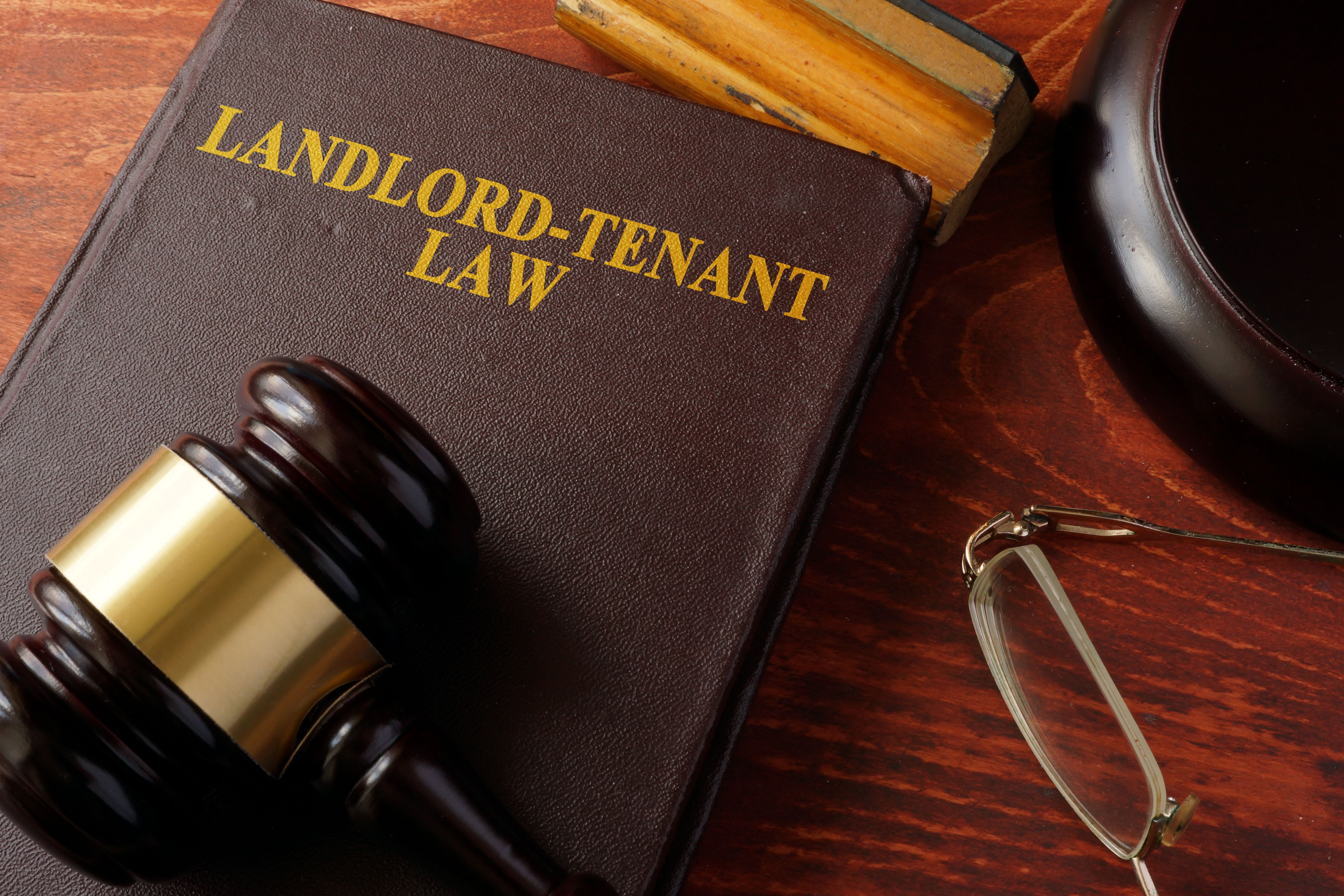Understanding Section 54: Essential Updates for Landlords
What is Section 54?
Section 54 is a crucial piece of legislation that landlords must be familiar with to ensure compliance with their legal obligations. This section outlines specific requirements surrounding the management and leasing of rental properties. Understanding these requirements is essential for landlords to avoid potential legal pitfalls and to maintain good relations with tenants.
In essence, Section 54 stipulates the conditions under which rental agreements are to be conducted, including stipulations around notice periods, tenant rights, and landlord responsibilities. Staying updated with these regulations is vital for landlords to operate within the legal framework.

Key Updates in Section 54
Changes in Notice Periods
One of the significant updates in Section 54 pertains to the changes in notice periods. Previously, landlords were required to provide a specific notice period when terminating a lease or making significant changes. The recent updates have altered these periods, providing more protection for tenants. It is important for landlords to familiarize themselves with these updated timelines to avoid any legal repercussions.
Enhanced Tenant Rights
The revised Section 54 has strengthened tenant rights, ensuring greater security and protection. These enhancements include improved conditions for lease renewals and stricter regulations on eviction processes. Landlords are now obligated to offer more transparent and fair procedures, which can impact how they manage their properties.
Implications for Landlords
Compliance and Documentation
With the updates to Section 54, landlords must ensure that all documentation is up-to-date and compliant with the new regulations. This includes updating lease agreements, maintaining clear records of communications with tenants, and ensuring all legal requirements are met. Failure to do so can result in penalties or legal challenges.
Landlords should consider consulting with legal professionals to review their current practices and make necessary adjustments. This proactive approach can help in mitigating risks associated with non-compliance.

Adapting Management Practices
The changes in Section 54 necessitate an adjustment in how landlords manage their properties. This includes adopting more tenant-friendly policies and ensuring that all interactions are conducted fairly and transparently. By doing so, landlords can foster positive relationships with tenants, which can lead to better tenant retention and reduced turnover rates.
Conclusion
Understanding and adapting to the updates in Section 54 is not just a legal obligation but also a strategic move for landlords. By staying informed and compliant, landlords can protect themselves legally while also enhancing their reputation as fair and responsible property managers.
With these updates, it is essential for landlords to remain vigilant and proactive in their property management practices. By prioritizing compliance and tenant relations, landlords can ensure a successful and sustainable rental business.
